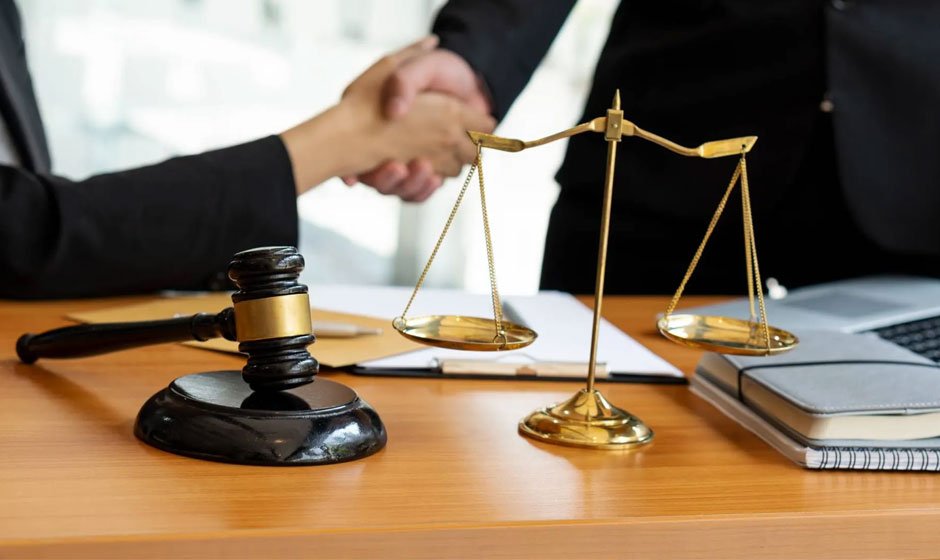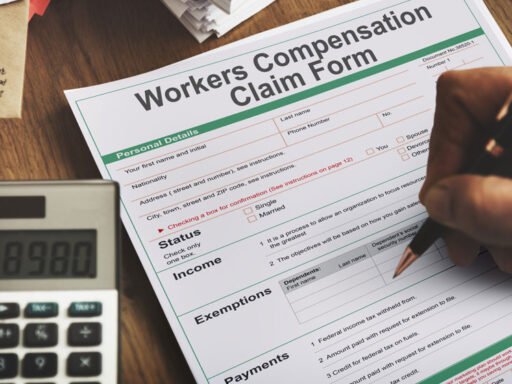If you’re facing a criminal charge, you have to consider all possible avenues. You can fight the charges, plea them down, or – potentially – get them dropped. But in order to do the latter, you’ll need an extremely good attorney with the right skill set.
Hiring a Skilled Defense Attorney
A good attorney is your strongest ally in getting charges dropped. They have the knowledge, experience, and connections necessary to negotiate with prosecutors and challenge the evidence against you. Without proper legal representation, it’s much harder to navigate the complexities of the criminal justice system or convince the prosecution to drop the charges.
Look for an attorney with a proven track record in handling cases like yours. They should understand the local court system and have experience working with the prosecutors who are handling your case. A well-connected attorney can more effectively negotiate on your behalf, and their experience allows them to spot weaknesses in the prosecution’s case that could lead to a dismissal.
Working alongside your attorney, you can implement some of the following tips to increase your chances of getting your charges dropped:
-
Challenge the Evidence Against You
One of the most effective strategies to get a charge dropped is to challenge the evidence. If your attorney can demonstrate that the evidence was collected improperly, is unreliable, or violates your rights, it can significantly weaken the prosecution’s case. This could lead the charges to be dropped entirely.
There are several ways to challenge evidence, such as:
- Arguing that the evidence was obtained illegally through an improper search or seizure, violating your Fourth Amendment rights.
- Demonstrating that the chain of custody for the evidence was broken, meaning the evidence may have been tampered with or is unreliable.
- Showing that there was insufficient evidence to support the charges in the first place.
As SBBL Law points out, “Don’t assume the district attorney or prosecution team has airtight evidence to get a guilty verdict. A lot of times they have just enough to slap you with a charge and are hoping that you buckle under the pressure.”
Your attorney will thoroughly review the evidence and identify any procedural errors or weaknesses that can be used to challenge the validity of the case against you.
-
Negotiate with the Prosecutor
In many cases, prosecutors are open to negotiating a deal rather than taking a case to trial. A skilled defense attorney can engage in plea negotiations with the prosecutor, which can result in a reduction of the charges or even a full dismissal under the right circumstances.
Prosecutors may agree to drop charges if they feel that the case isn’t strong enough to go to trial or if pursuing the case would be a waste of resources. Your attorney can use the threat of challenging the evidence or filing a motion to dismiss as leverage in these negotiations. While this doesn’t guarantee that the charges will be dropped, it can open the door to more favorable outcomes, such as a plea to lesser charges with reduced penalties.
-
Pursue Pre-Trial Diversion Programs
Depending on the nature of the charges and your criminal history, you may be eligible for a pre-trial diversion program. These programs are designed to give first-time offenders a second chance by diverting them from the traditional criminal justice process into rehabilitation or community service programs.
If you complete the requirements of the program, such as attending counseling sessions, completing community service, or paying restitution, the charges against you could be dropped. Pre-trial diversion programs are typically available for non-violent offenses and are an excellent option for avoiding a criminal conviction.
To pursue this option, you’ll need an attorney familiar with the local diversion programs who can advocate for your eligibility. It’s also essential to take these programs seriously and complete all of the requirements to have your charges dismissed.
-
Demonstrate Proactive Rehabilitation
Showing that you are taking proactive steps to rehabilitate yourself can go a long way in convincing the prosecution to drop the charges. If you’ve been accused of a crime related to substance abuse, for example, enrolling in a rehab program or attending counseling sessions can demonstrate that you’re committed to changing your behavior.
Similarly, if you’ve been charged with a non-violent offense, completing community service or attending anger management classes can reflect positively on your character.
Judges and prosecutors appreciate when defendants take responsibility for their actions and make efforts to rehabilitate themselves. By demonstrating that you’re serious about making positive changes, you can create goodwill and potentially persuade the prosecutor to reduce or drop the charges.
Hope for a Brighter Future
It’s important to understand that a charge and a conviction are two totally separate things. Just because you’ve been charged with a crime doesn’t mean you should lose hope. By maintaining hope and hiring a good attorney, you can fight your charges and set yourself up for a brighter future.





